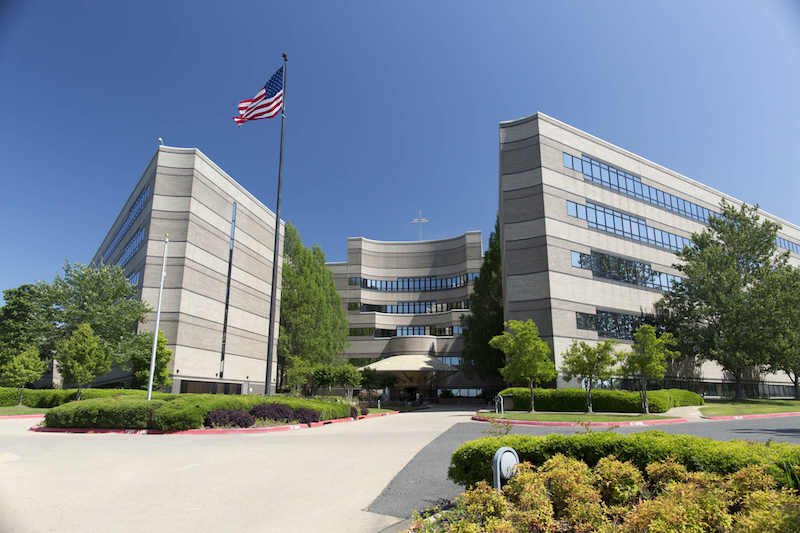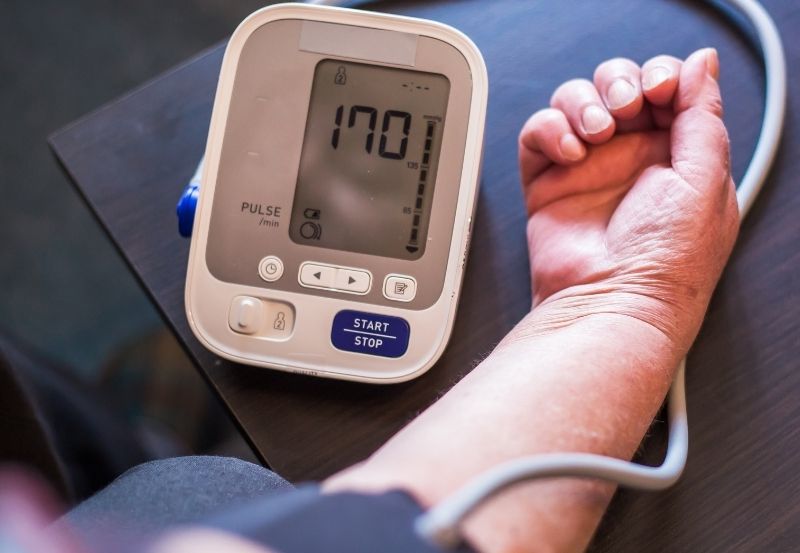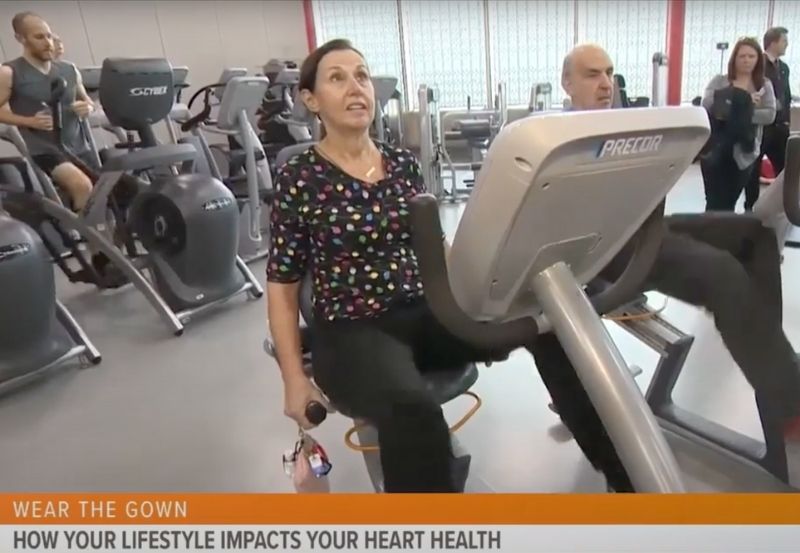
As the leading cause of death in the United States, even more important is the need for early detection and preventative care for heart disease.

Family history is one of the leading risk factors for developing heart disease. Unlike a healthy diet, exercise or tobacco use, you have little control over your family history so it is important to understand its impact on your health.

As many as one out of every 25 Americans over age 60 will be diagnosed with atrial fibrillation, but this heart condition can develop at any age with some patients as young as 20 and 30.

When was the last time you spoke with your cardiologist? Heart healthy lifestyle choices are great, but routine check-ups with your doctor are essential to combat heart disease.

CHI St. Vincent Hot Springs serves the Southwest Arkansas community with comprehensive heart care services and the latest technology.

CHI St. Vincent cardiovascular surgeon Dr. Michael Bauer answers some common questions about when heart disease requires surgery and what that path looks like.

As the leading cause of death for men and women in the United States, heart disease is not unique to one sex, but there are differences in how and when heart disease presents in men and women.

While there's no replacement for regular communication with your cardiologist, Dr. Jason Pelton shares some steps you can take a home to monitor your heart health.

For the time when heart surgery becomes necessary, CHI St. Vincent cardiovascular surgeon Dr. Frederick Meadors answers common questions about the road to recovery.

Maintaining a healthy diet is key to healthy heart. Still, it may not always seem easy to stay on a diet and things happen, but it’s never too late to get back on track.

As Arkansas' largest network of heart specialists, the cardiologists and cardiovascular surgeons with the CHI St. Vincent Heart Institute pride themselves on a collaborative approach to heart care.

Along with routine exercise and not smoking, a healthy diet can help improve heart health, but not all fad diets may be good for your heart.

Atrial fibrillation, or AFib, can lead to complications such as stroke and congestive heart failure when left untreated, so it’s important to recognize the symptoms of AFib.

Coronary artery disease is the most common type of heart disease, but can often be prevented with lifestyle changes and routine checkups with a cardiologist.

CHI St. Vincent Heart Institute recently became the first in Arkansas to successfully perform the Transcaval TAVR heart procedure, a minimally invasive alternative to open heart surgery.

It can be hard to know the difference between common chest pain and something that requires a trip to your doctor or the ER. Dr. Oyidie Igbokidi answers some of the most common chest pain questions.

While smartwatch heart monitoring does not replace routine checkups with a cardiologist, the wearable tech has led to the discovery of heart health issues like atrial fibrillation.

When it comes to angina, one of the most common types of chest pain, Dr. Oyidie Igbokidi says it's essential for patients to understand their treatment options, particularly the use of nitroglycerin.

Stress can dramatically impact on the heart if not properly managed. Dr. Thomas Wallace, a cardiologist with the CHI St. Vincent Heart Institute, shares what warning signs to watch for.

Interventional Cardiologist Dr. Oyidie Igbokidi discusses what to watch for and when to seek help when it comes to chest pain and heart attacks.
